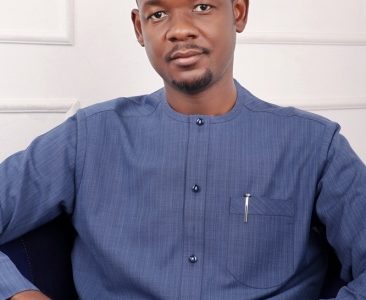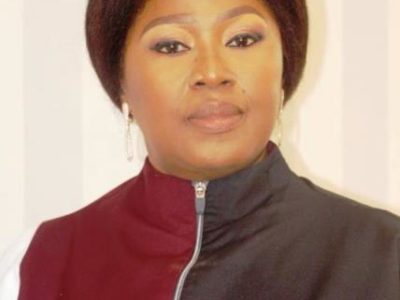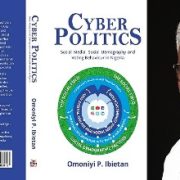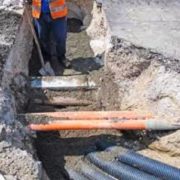The Nigerian Communications Commission (NCC) recently inaugurated an industry-wide committee to facilitate the deployment of broadband infrastructure under a project named National Communications Backbone (NCB).
The NCB will help speed up national rollout of broadband services. This is expected. According to the International Telecommunications Union (ITU), broadband access enhances a country’s gross domestic product (GDP). The greater the access to broadband, the higher the GDP growth.
RELATED: ITU/UNESCO Broadband Commission urges faster global action on digital development
The Executive Vice Chairman, Professor Umar Danbatta, Nigerian Communications Commission(NCC), affirmed this while delivering a keynote address at a Cyberchain Conference October in Abuja, Nigeria. He revealed that the telecommunications sector contributed about $70 billion to the economy while speaking on the topic: ‘Using technology to grow Nigeria’s GDP.’
His words: “Nigeria’s adoption of digital technologies has enabled it to diversify its revenue and economy, create jobs, improve services and efficiency, reduce wastage, and optimise resources available.
“Telecommunications has contributed over $70 billion to the Nigerian economy, provided over 500,000 jobs in the formal and informal sectors, and improved the lives of millions of Nigerians.”
According to Deloitte in a recent study, “greater penetration of higher speed broadband leads to economic growth: The analysis also showed that adoption of higher speeds drives noticeable improvements in job growth,”
The NCB is chaired by NCC’s Director of Digital Economy, Dr. Augustine Nwaulune. Members include mobile network operators (MNOs), infrastructure companies (InfraCos), and tower companies (TowerCos).
The committee, christened the National Broadband Infrastructure Joint Committee (NBIJC), is saddled with the responsibility of supporting the drive towards the realisation of the NCB targets, as outlined in the Nigerian National Broadband Plan (NNBP) 2020-2025.
Director of Legal and Regulatory Services at NCC, Josephine Amuwa, who presided over the inauguration on behalf of the Executive Vice Chairman (EVC) of NCC, Prof. Umar Danbatta, in Abuja, said the emergence of the committee was informed by the need to inject a broad-based industry approach to address challenges impeding the actualisation of broadband targets.
According to Danbatta, the committee is expected to drive the targets set by the NNBP, including deployment of 120,000 kilometer of fibre across the country; deepening of broadband penetration to 70 per cent by 2025; and connection of 60 per cent of communication towers with fibre; among other targets, as stipulated in its approved terms of reference (ToR).
His words: “I appreciate your willingness and readiness to make a considerable investment of time and talent to participate in this Committee. We appreciate that you will provide an invaluable perspective as we seek to address gaps impeding the actualisation of the NCB and NNBP initiatives.”
Adding: “The depth and scope of experiences represented by the broad spectrum of this Committee’s membership will, no doubt, provide the Commission with much-needed insight and drive to overcome the challenges facing broadband infrastructure deployment in the country, and even exceed the current set targets.”
The committee’s six-point ToR include: enhancing collaboration between MNOs and InfraCos towards achieving target of the NCB of the NNBP 2020-2025; and to design an NCB network architecture and harmonized comprehensive plan that will create a more viable business case that will attract investors, establish synergy between the MNOs and the InfraCos, and facilitate infrastructure deployment.
The committee, in collaboration with the Commission, is also expected to organize an NCB financing workshop and invite all the major financial institutions, MNOs and InfraCos, and present the project, estimated at N800 billion, for adoption and financing.
Equally, the committee is mandated to initiate engagements with identified sources of funding including Nigeria Sovereign Investment Authority (NSIA), Infrastructure Corporation of Nigeria (InfraCorp), Africa Development Bank (AfDB), and Central Bank of Nigeria (CBN) among others.































